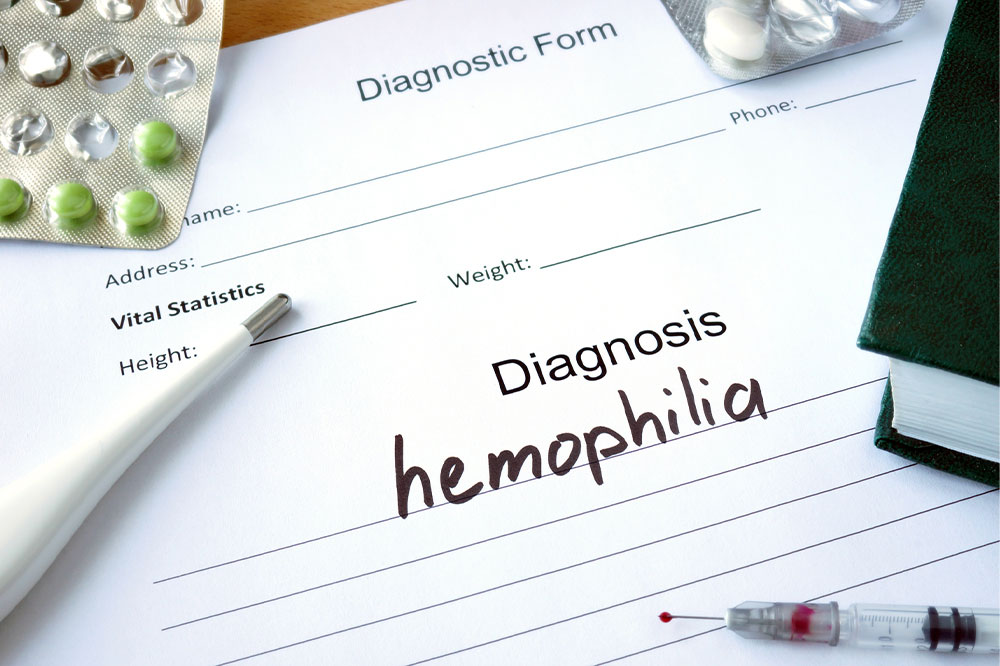Recognizing and Understanding Hereditary Angioedema: Key Signs and Causes
Hereditary angioedema (HAE) is a genetic disorder characterized by unpredictable swelling in various body parts, including the face, limbs, and airways. It results from C1 inhibitor deficiency and manifests through symptoms like swelling, rashes, and hoarseness. Managing HAE entails identifying triggers, maintaining a healthy diet, reducing stress, and consulting healthcare providers. Support groups and symptom tracking are valuable for effective control. Awareness and early intervention are crucial to prevent severe complications. This overview helps understand HAE's key signs and management strategies for better health outcomes.

Recognizing and Understanding Hereditary Angioedema: Key Signs and Causes
Hereditary angioedema (HAE) is a genetic condition that causes sudden and severe swelling usually affecting the face, limbs, digestive system, and airways. Intestinal swelling can lead to intense abdominal pain, nausea, and vomiting. Since HAE is inherited, it can occur without triggers and often manifests in childhood or adolescence, with episodes recurring every 1-2 weeks without treatment. Here’s what you need to know about HAE:
Root causes of HAE
Hae results from a deficiency or malfunction of C1 inhibitor, a natural protein that controls inflammation. Its scarcity causes sudden muscle and tissue swelling throughout the body.
Genetics play a significant role, with children of affected individuals having a 50% chance of inheriting HAE. Some cases occur due to new genetic mutations, even when there’s no family history.
Symptoms and Indicators of HAE
Swelling: Sudden swelling may appear in the face, mouth, throat, limbs, or the intestinal tract; throat swelling can be life-threatening.
Skin rashes: About a third of patients develop erythema marginatum, non-itchy reddish rashes.
Early sensations: Burning or prickling sensations often precede swelling episodes.
Voice changes: Swelling around the throat may cause hoarseness or difficulty speaking.
Fatigue: Feeling unusually exhausted may occur before an attack begins.
Management and Lifestyle Strategies
Detect food triggers: Foods such as tomatoes, dairy, citrus, garlic, and strawberries might increase attacks; monitoring and avoiding these can help.
Avoid irritants: Spicy and processed foods can worsen abdominal symptoms; limiting fried, processed, and spicy foods is advisable.
Manage stress: Emotional stress can trigger episodes, so stress reduction techniques and lifestyle adjustments are beneficial.
Nutrient-rich diet: Consuming balanced foods like lean meats, eggs, grains, fruits, and vegetables supports overall health and immune function.
Track symptoms: Using journals or apps helps monitor attacks, triggers, and treatment effects for better management.
Stay active: Gentle activities like walking can promote well-being without precipitating attacks.
Join support groups: Connecting with others facing HAE offers emotional support and shared experiences.
Consult healthcare professionals: Regular communication with knowledgeable doctors ensures timely treatment adjustments and emergency preparedness.
Learning about HAE empowers patients to take control of their health, recognize early signs, and seek appropriate medical support for effective management.









